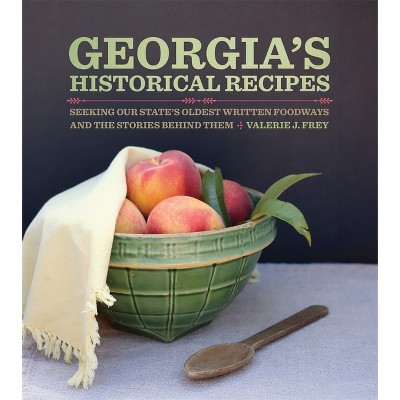About this item
Highlights
- In Historical Fictions Hugh Kenner applies his extraordinarily nimble mind and unrivaled style to the alchemy of speech turning into language, language becoming art, and art finally settling down as culture.
- About the Author: Hugh Kenner was the Franklin and Callaway Professor of English at the University of Georgia.
- 344 Pages
- Literary Criticism, American
Description
About the Book
Kenner applies his extraordinarily nimble mind and unrivaled style to the alchemy of speech turning into language, language becoming art, and art finally settling down as culture. A variety of literary topics are addressed in forty-three lively, often humorous, and wonderfully informative essays.Book Synopsis
In Historical Fictions Hugh Kenner applies his extraordinarily nimble mind and unrivaled style to the alchemy of speech turning into language, language becoming art, and art finally settling down as culture. A variety of literary topics are addressed in forty-three lively, often humorous, and wonderfully informative essays.
With his trenchant, famously entertaining touch, Kenner explores the role of counting in literature (Joyce and St. Augustine shared a preference for the number eleven); the extravagant efforts through the ages to preserve the Iliad and the Odyssey (focusing on Ezra Pound's contributions); and Tom Wolfe's prose through the purple decades (Kenner calls him "the nonchalant master of the neon-piped sentence"). Other writers who fall under Kenner's appraising gaze include Flann O'Brien, H.D., Ernest Hemingway, Sylvia Plath, Dante, Leslie Fiedler, Wallace Stevens, Saul Bellow, William Carlos Williams, Samuel Beckett, and Vladimir Nabokov.From the Back Cover
In Historical Fictions Hugh Kenner applies his extraordinarily nimble mind and unrivaled style to the alchemy of speech turning into language, language becoming art, and art finally settling down as culture. A variety of literary topics are addressed in forty-three lively, often humorous, and wonderfully informative essays. With his trenchant, famously entertaining touch, Kenner explores the role of counting in literature (Joyce and St. Augustine shared a preference for the number eleven); the extravagant efforts through the ages to preserve the Iliad and the Odyssey (focusing on Ezra Pound's contributions); and Tom Wolfe's prose through the purple decades (Kenner calls him "the nonchalant master of the neon-piped sentence"). Other writers who fall under Kenner's appraising gaze include Flann O'Brien, H.D., Ernest Hemingway, Sylvia Plath, Dante, Leslie Fiedler, Wallace Stevens, Saul Bellow, William Carlos Williams, Samuel Beckett, and Vladimir Nabokov.Review Quotes
A Kenner idea floats gently on the mind, and he often strings together words as beautifully as the poets and novelists he is explicating.
--San Francisco ChronicleEvery page of Historical Fictions is instructive; but, even more important, all of it is exceptionally entertaining.
--Washington Post Book WorldStick with Kenner's Historical Fictions when you want to remember that literature is not only the best intellectual exercise around, it is also supposed to be fun. . . . What is remarkable is thatr given the pressure of such expansive knowledge, Kenner still manages to write apt, amosing prose.
--New York Times Book ReviewAbout the Author
Hugh Kenner was the Franklin and Callaway Professor of English at the University of Georgia. He is the author of more than twenty-five books, including "The Pound Era," "Joyce's Voices," and "Chuck Jones: A Flurry of Drawings."











